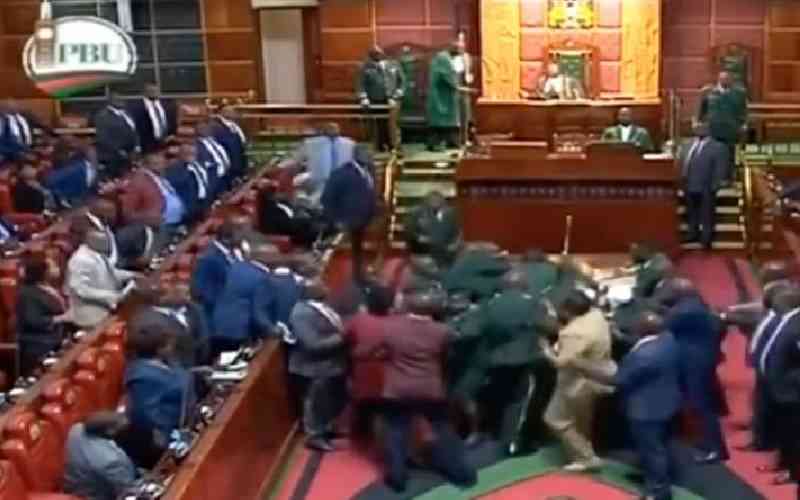
It is becoming hard for the media to access and report on Parliament not because of legal changes but some staff at the August House who seem to believe administrative fiat overrides constitutional provisions on access to information and media freedom.
Since the 13th Parliament opened under the leadership of Speakers Moses Wetangula and Amason Kingi, staff have issued several edicts and administrative codes to the media about requirements to access and cover Parliament that are inconsistent, rushed and a violation of the rights of the journalists to execute their duties as protected by the Constitution.